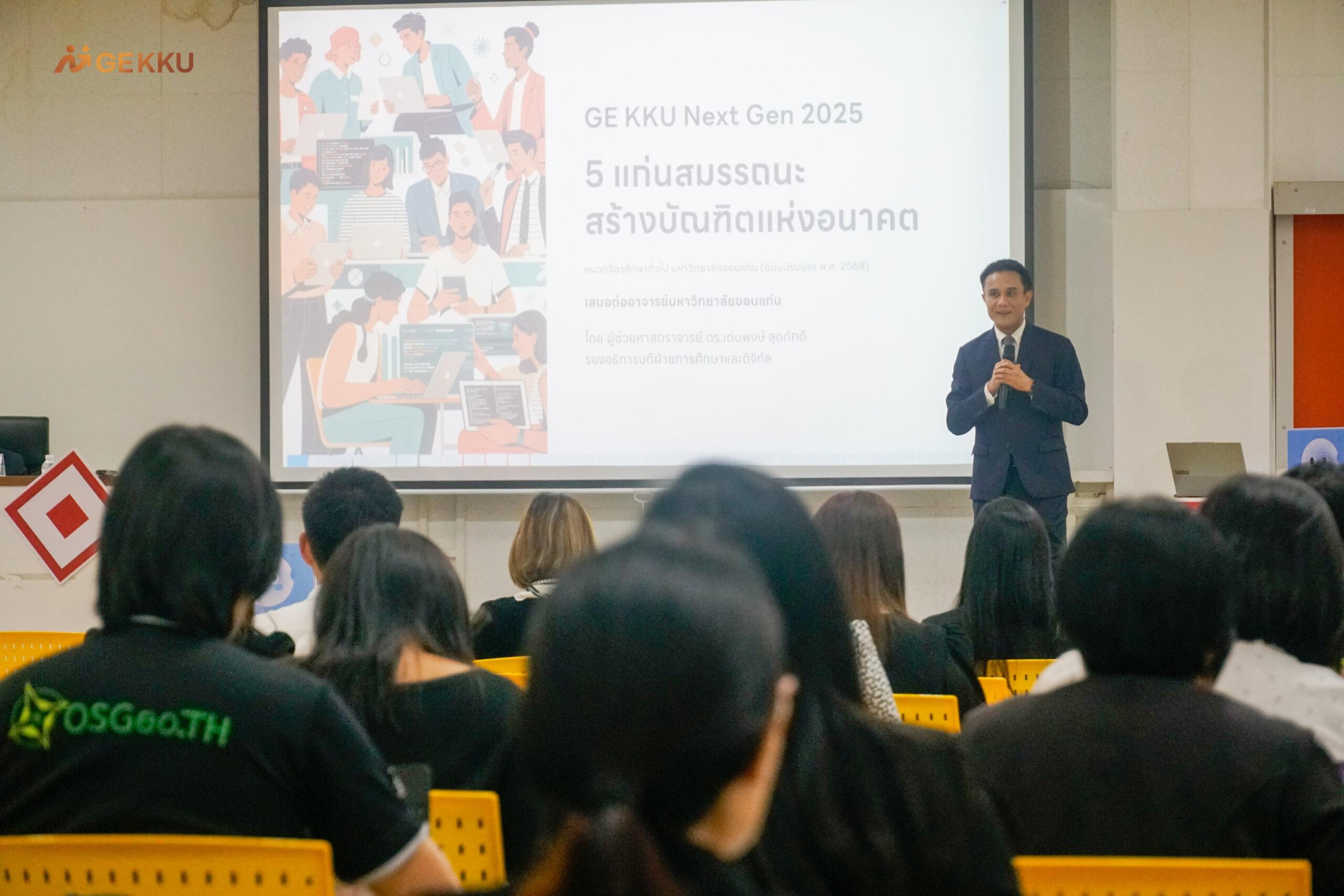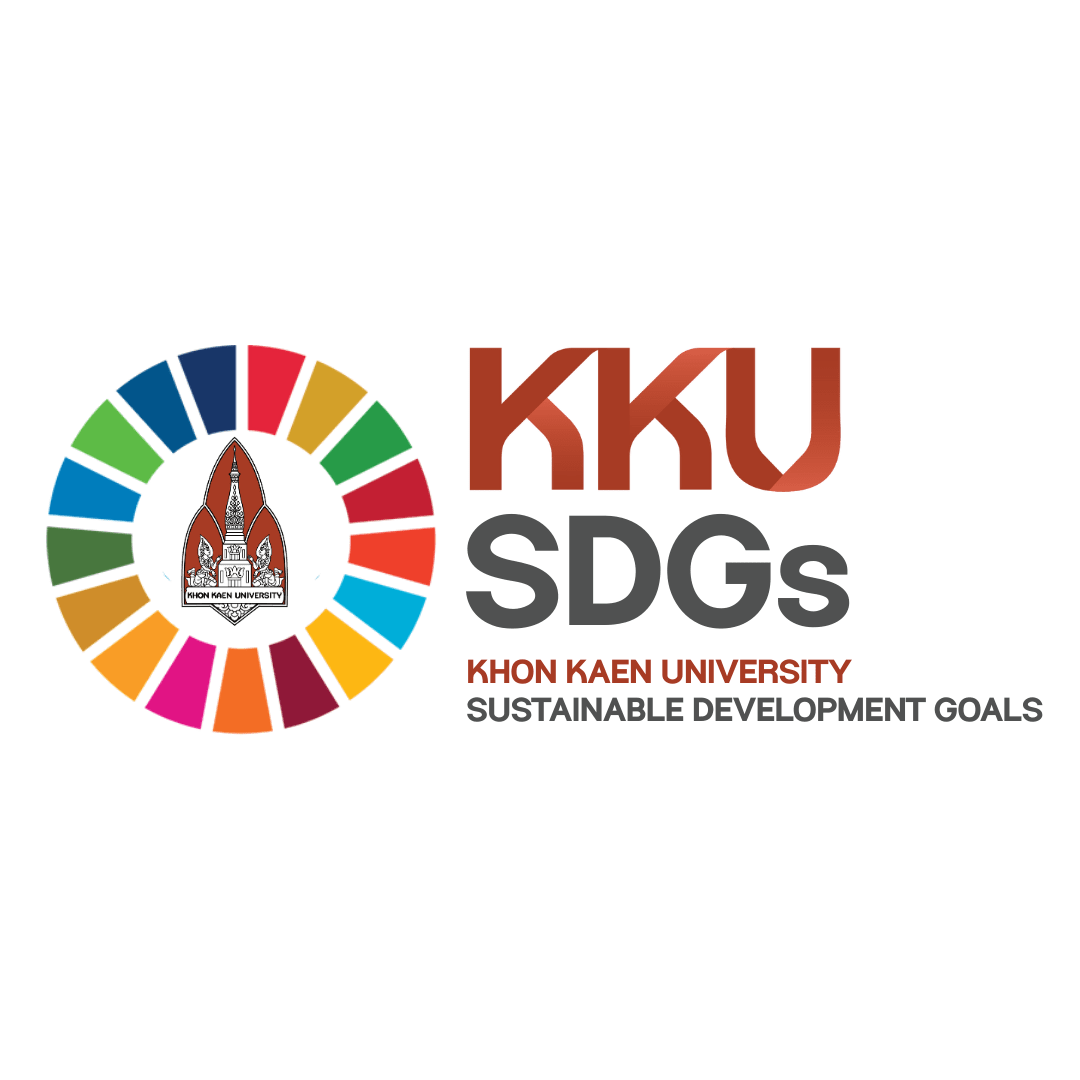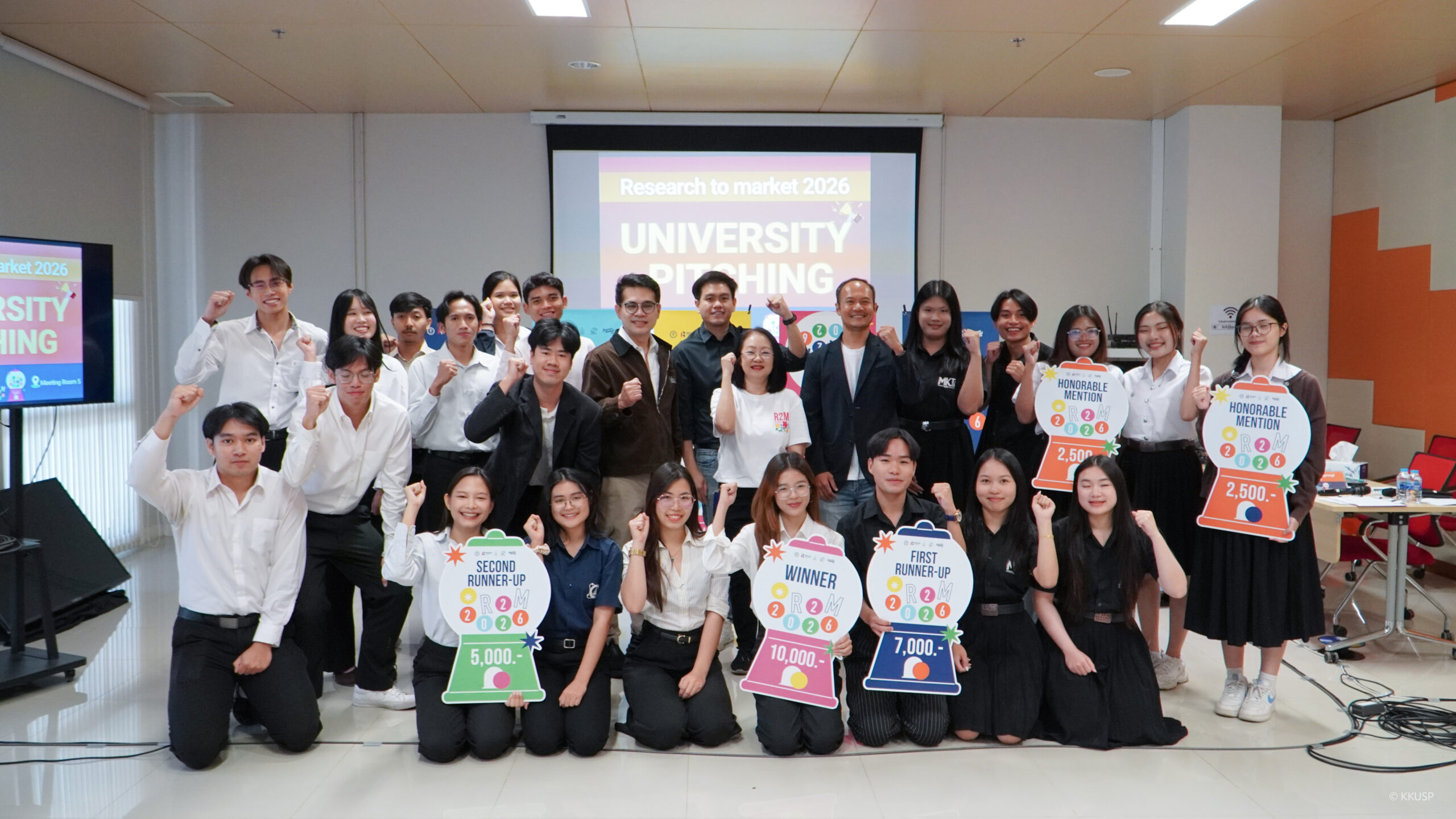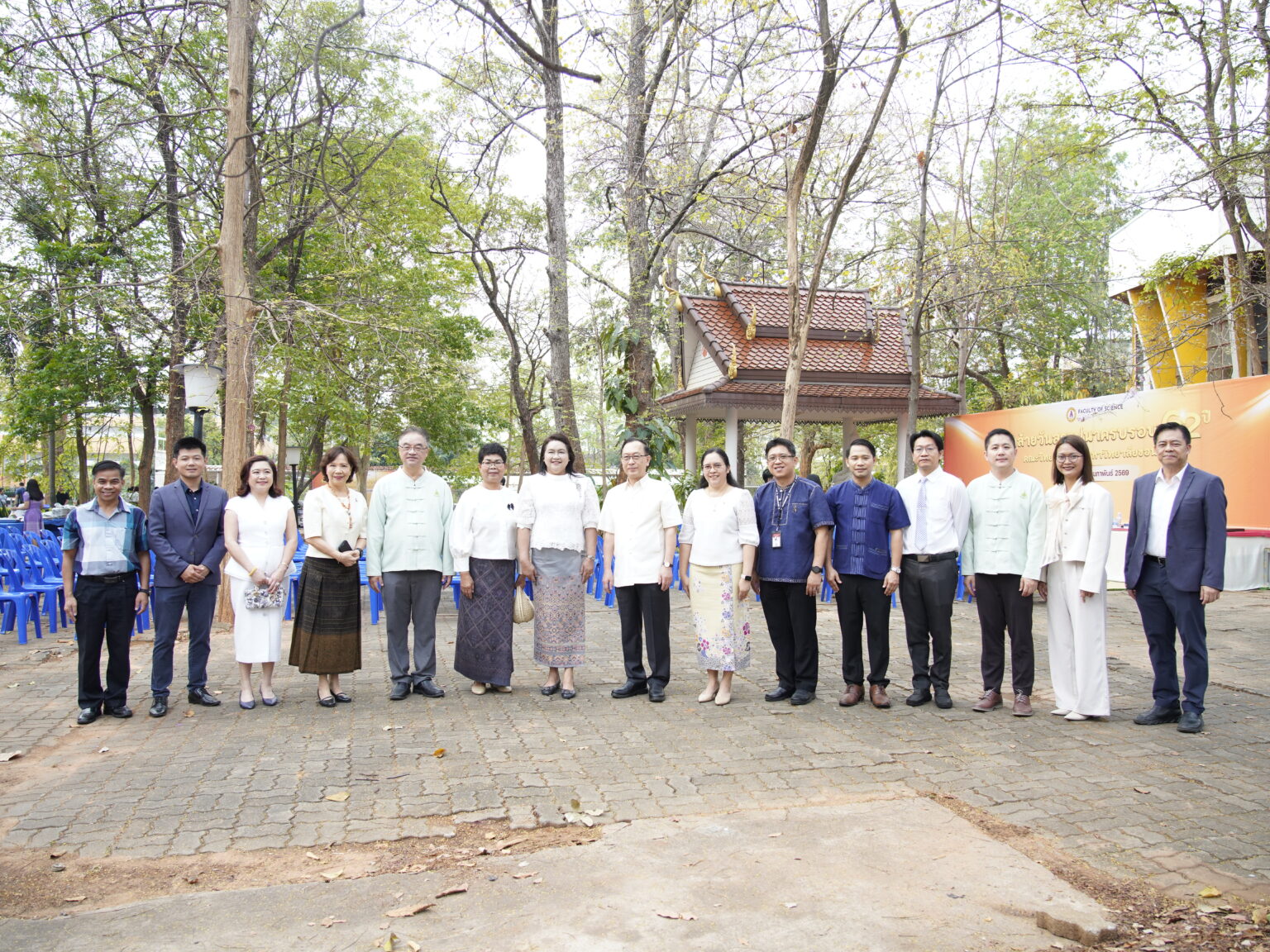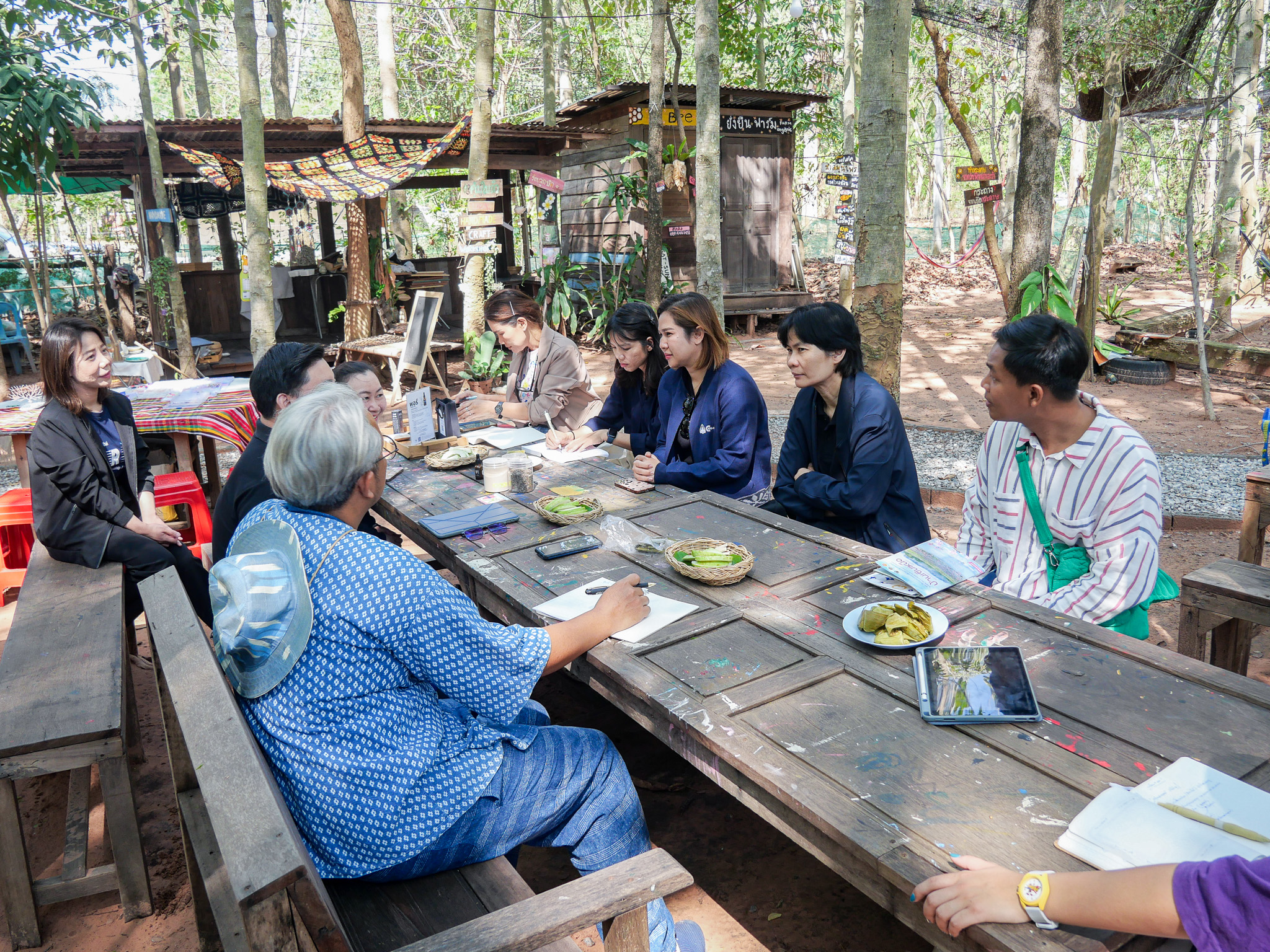Khon Kaen University (KKU)’s General Education Institute (GEKKU) has organised a seminar to introduce the restructured General Education programme, focusing on five key competency cores designed to equip graduates with essential skills for the 21st century.
On 17 November 2568 (B.E.) [Note: Assuming this date is projected/future, as per the year 2568, I will use the date format Day-Month-Year and retain the Thai year structure or convert it to the corresponding Gregorian year (2025). As the KKU list requires D-M-Y, I will use the verified structure: 17 November 2025], at Room GL 315, 3rd Floor, Poj Sarasin Building, Khon Kaen University, the General Education Institute (GEKKU) hosted a seminar titled, “GE KKU Transformation: Introducing the 5 Core Competencies Framework for Future Graduates.” This platform facilitated the exchange of ideas and the presentation of the new development direction for Khon Kaen University’s General Education curriculum, aimed at preparing graduates with the necessary skills and profound competencies for the 21st-century professional landscape.
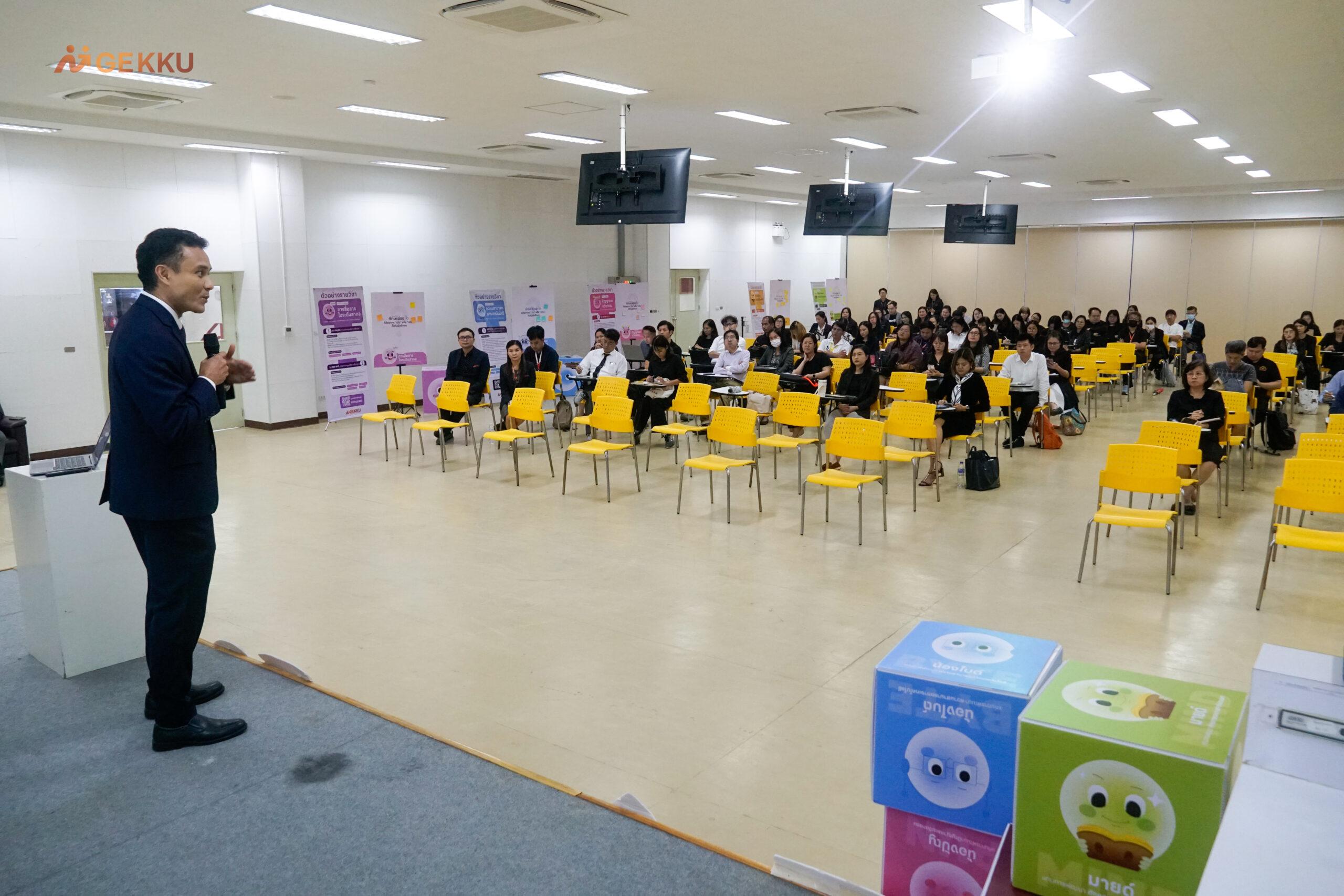
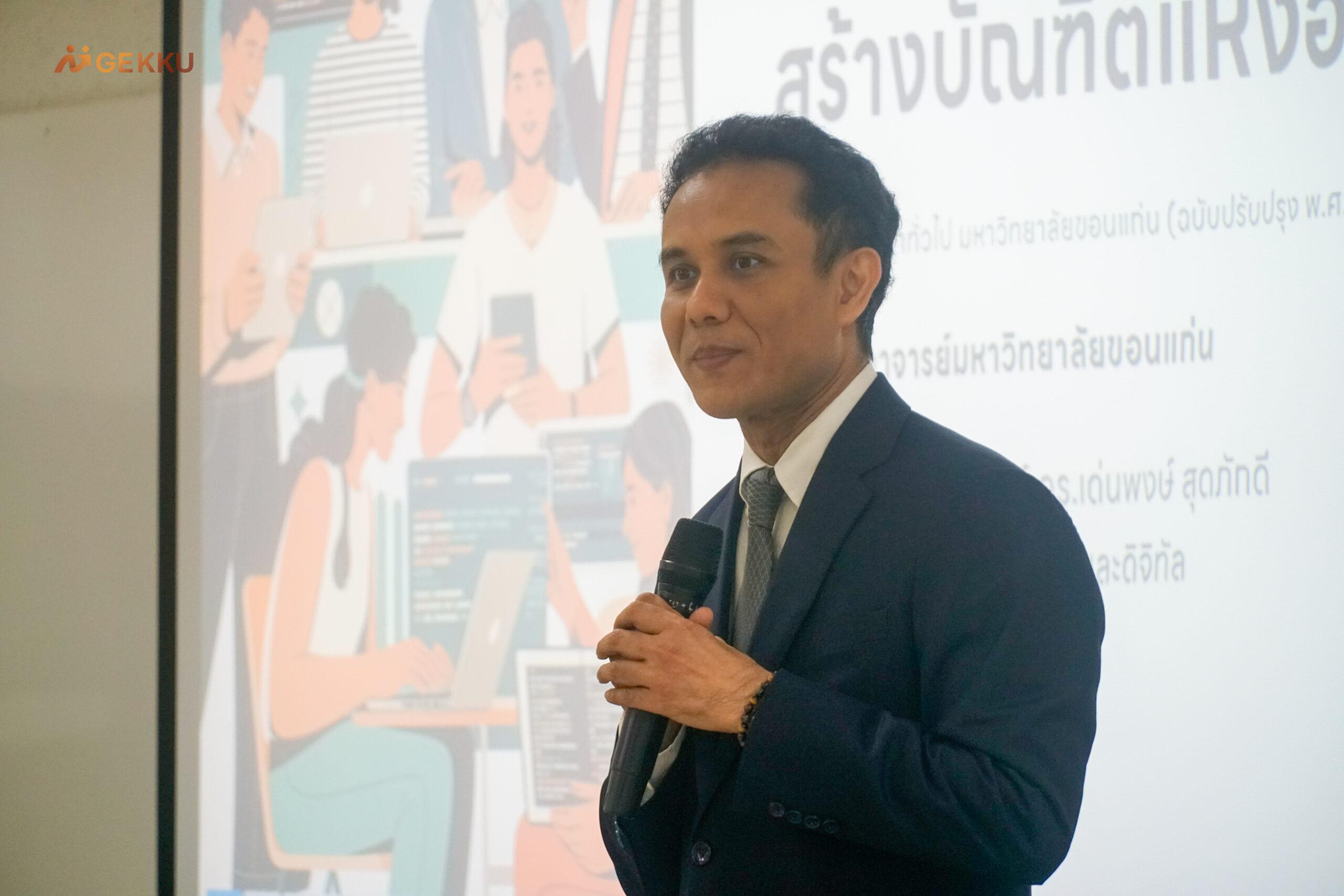
Assistant Professor Denpong Soodphakdee, Ph.D., Vice President for Education and Digital, stated in his opening address that the new 2025 General Education Curriculum has been successfully approved by the University Academic Council Committee. He noted that the curriculum emphasises the five core competency framework and incorporates greater curricular flexibility, enabling the University to respond promptly to societal changes—a significant improvement from the previous mechanism which often took up to five years for curriculum modification. Furthermore, students are granted more autonomy to select interdisciplinary courses across faculties, rather than having their course options determined solely by their home faculty. He encouraged all faculties to collaboratively create courses that are highly responsive to the needs of modern students.
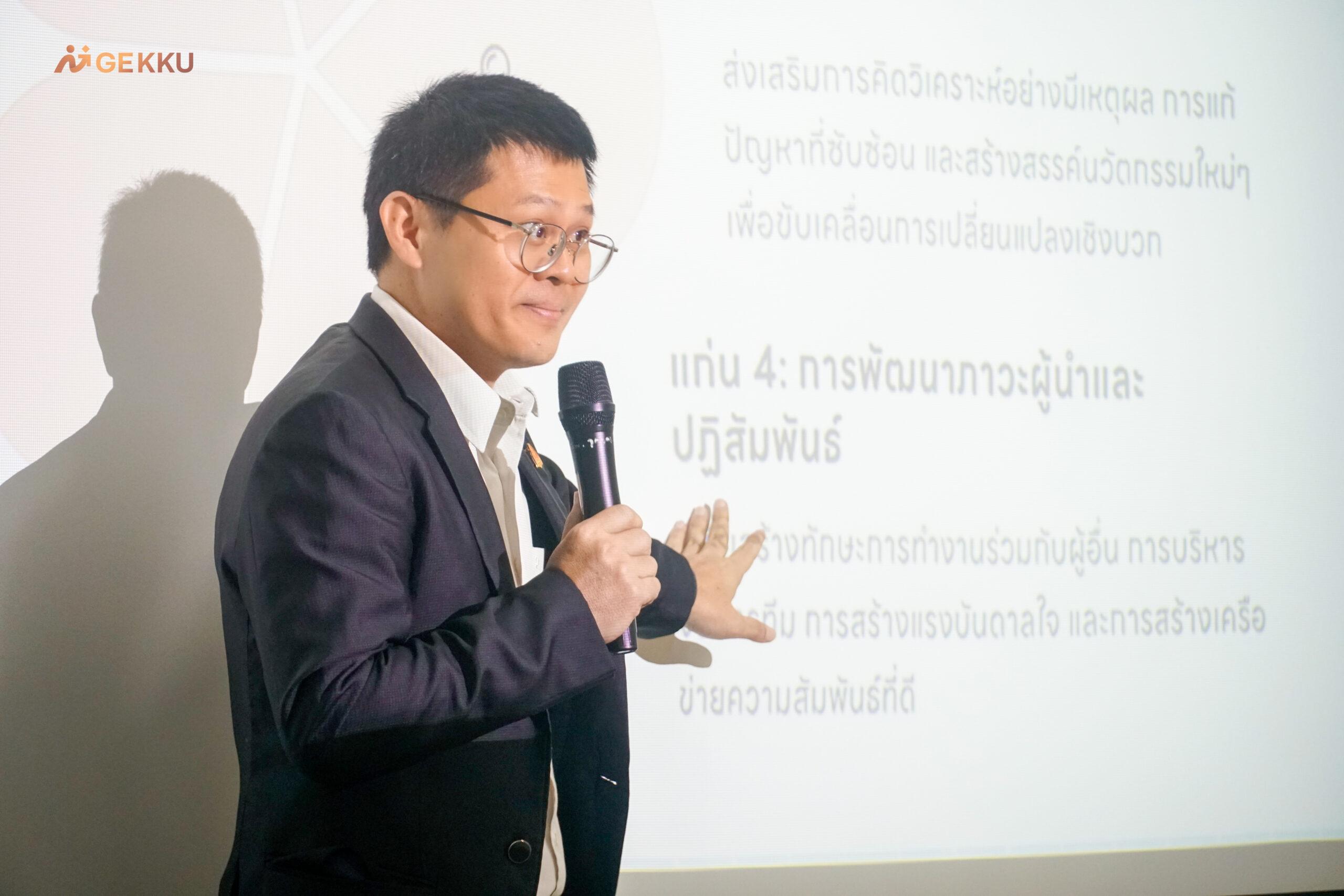
Assistant Professor Anucha Somabut, Ph.D., Assistant to the President for Education and Acting Director of the General Education Institute, highlighted that the new curriculum aims to transform General Education from a supplementary requirement into a core subject valued highly by students. It was developed to overcome previous challenges, such as outdated course content and slow revision times, by implementing the five core competency framework, which will be beneficial for students, academic staff, and related institutional units.
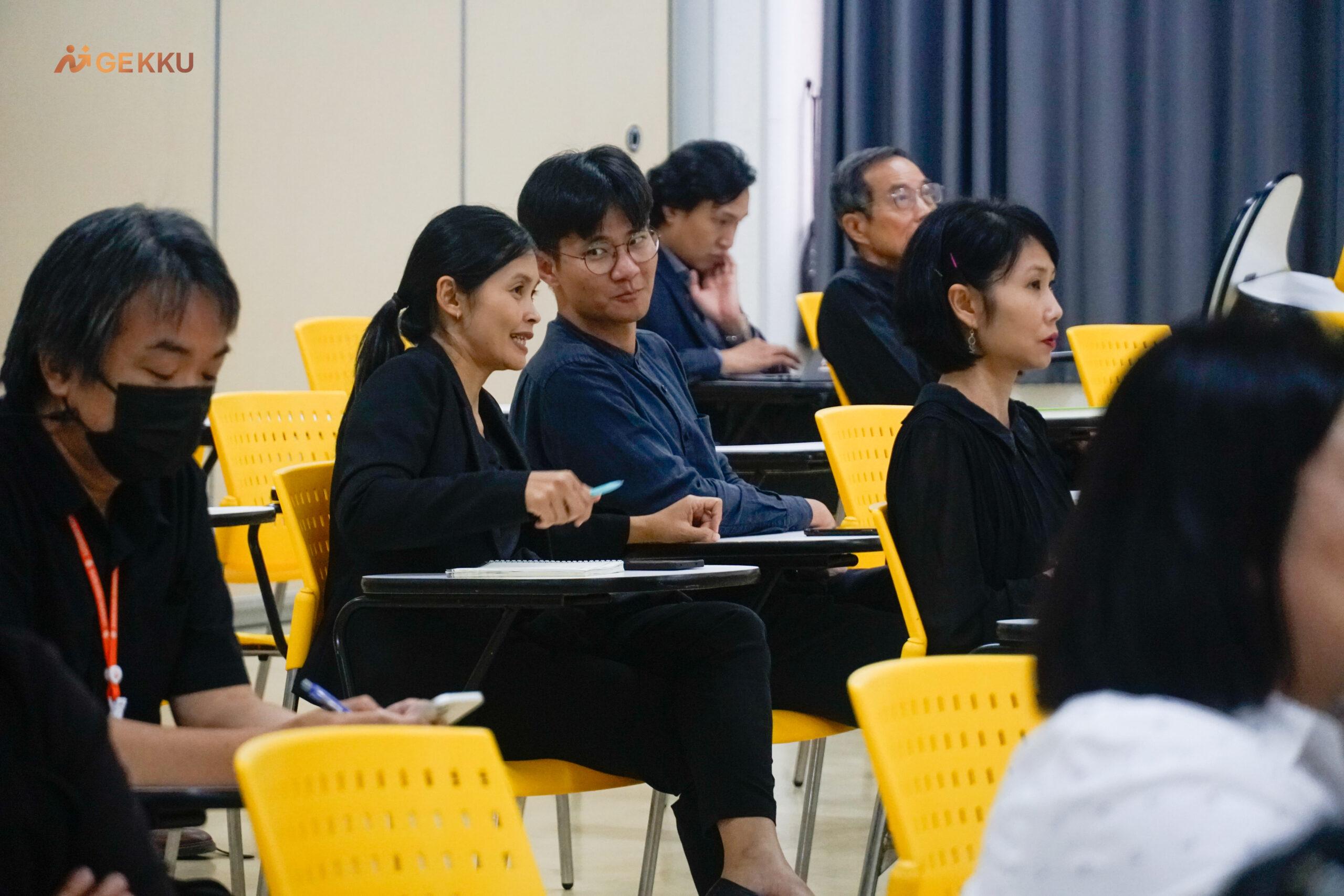
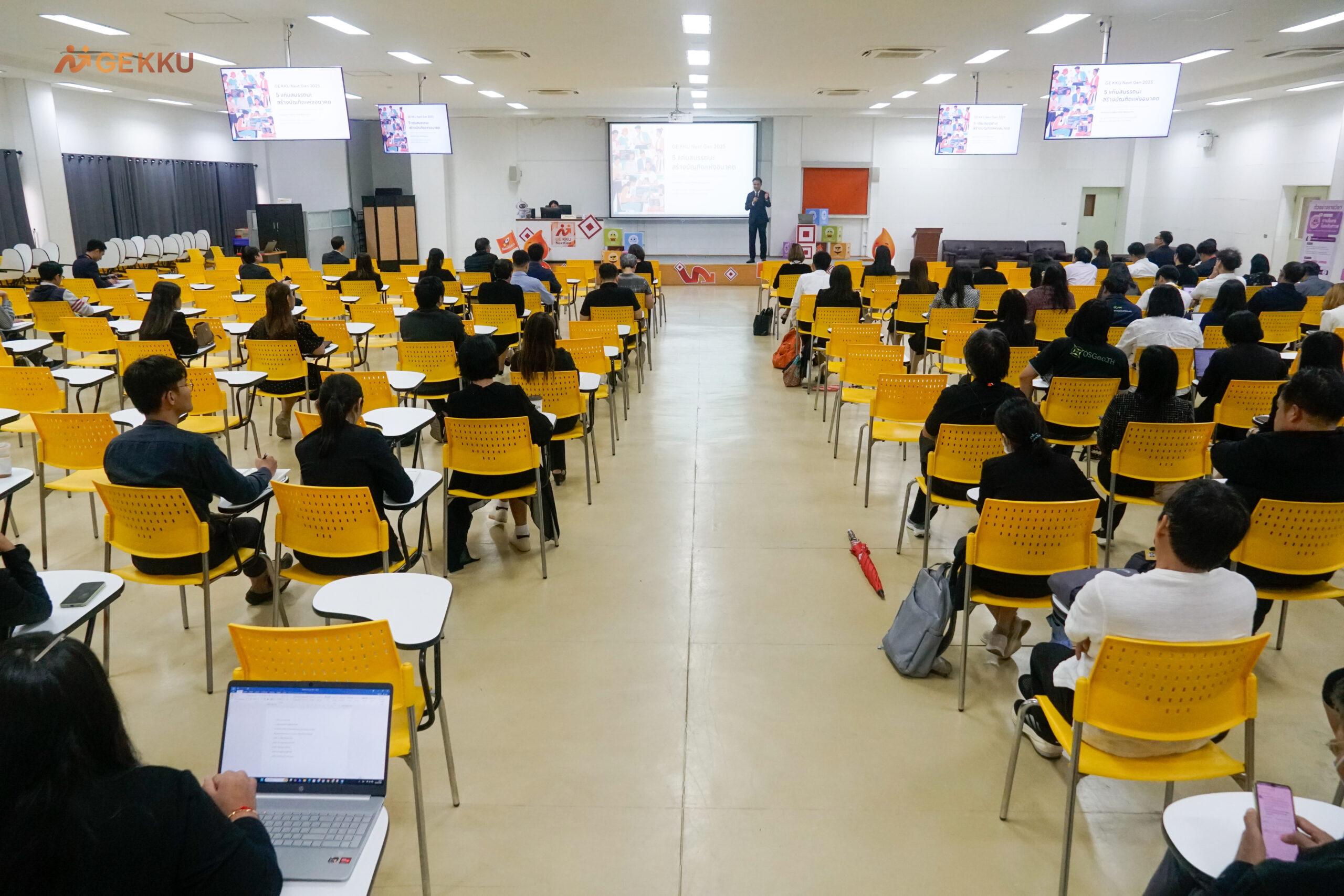
The seminar reflected Khon Kaen University’s strong commitment to modernising the General Education curriculum and aligning it with the demands of 21st-century society. It provided an opportunity for various faculties and curriculum directors to grasp the new competency-based framework for General Education management, fostering a deeper understanding of how to develop courses that meet the needs of future graduates.
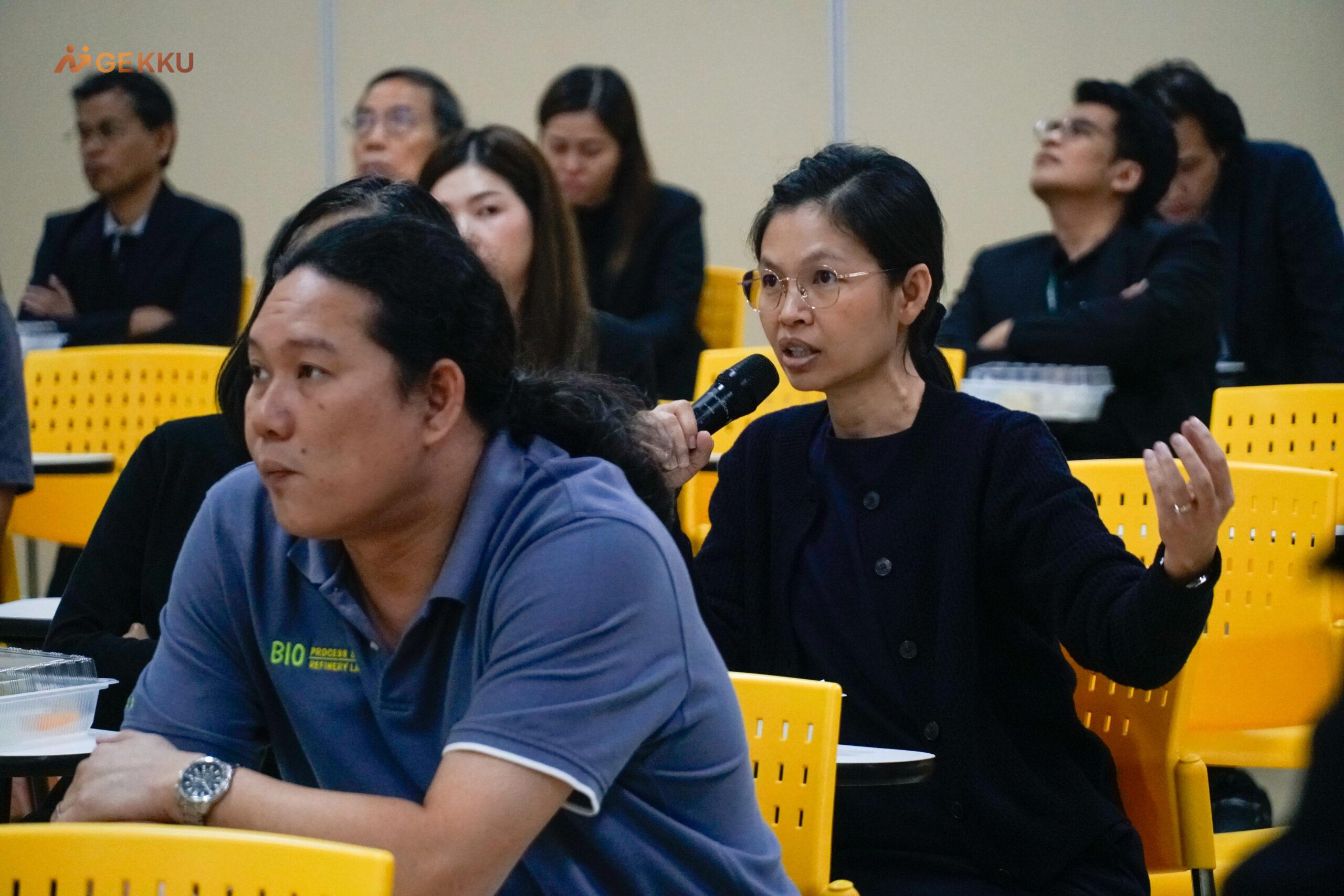
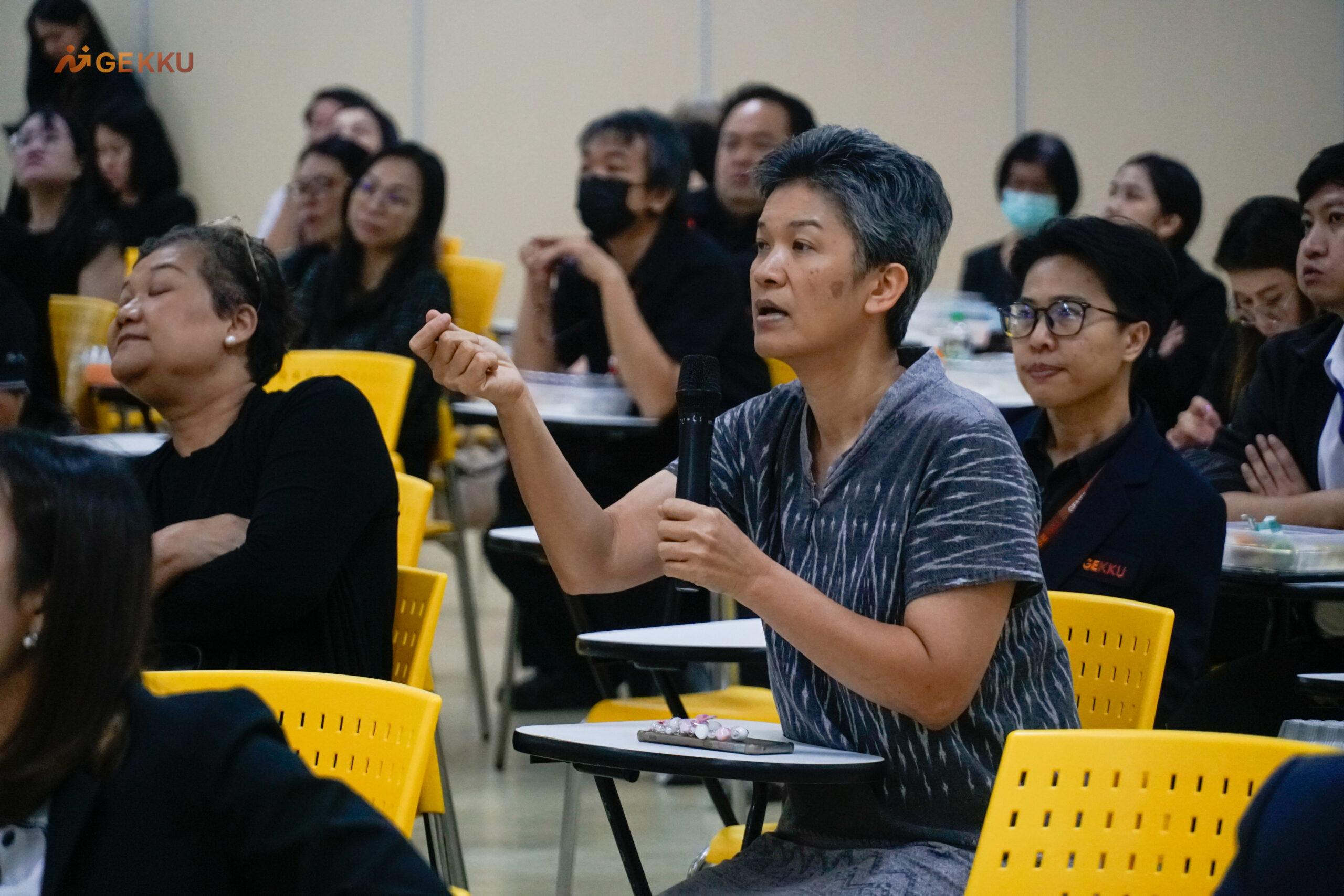
The event focused on restructuring the General Education curriculum around the 5 Core Competencies, dividing the proceedings into four main sessions:
- Session 1: The Vision – Why Change? Presented by Assistant Professor Denpong Soodphakdee, Ph.D., Vice President for Education and Digital.
- Session 2: The “What” – Getting to Know the 5 Core Competencies Presented by Assistant Professor Anucha Somabut, Ph.D., Assistant to the President for Education and Acting Director of the General Education Institute.
- Session 3: The “How” – Designing GE within the Curriculum Presented by Assistant Professor Narin Chomphuphuang, Ph.D., Acting Deputy Director of the General Education Institute.
- Session 4: The Opportunity – Collaboratively Creating GE Courses Presented by the Executive Team of the General Education Institute.
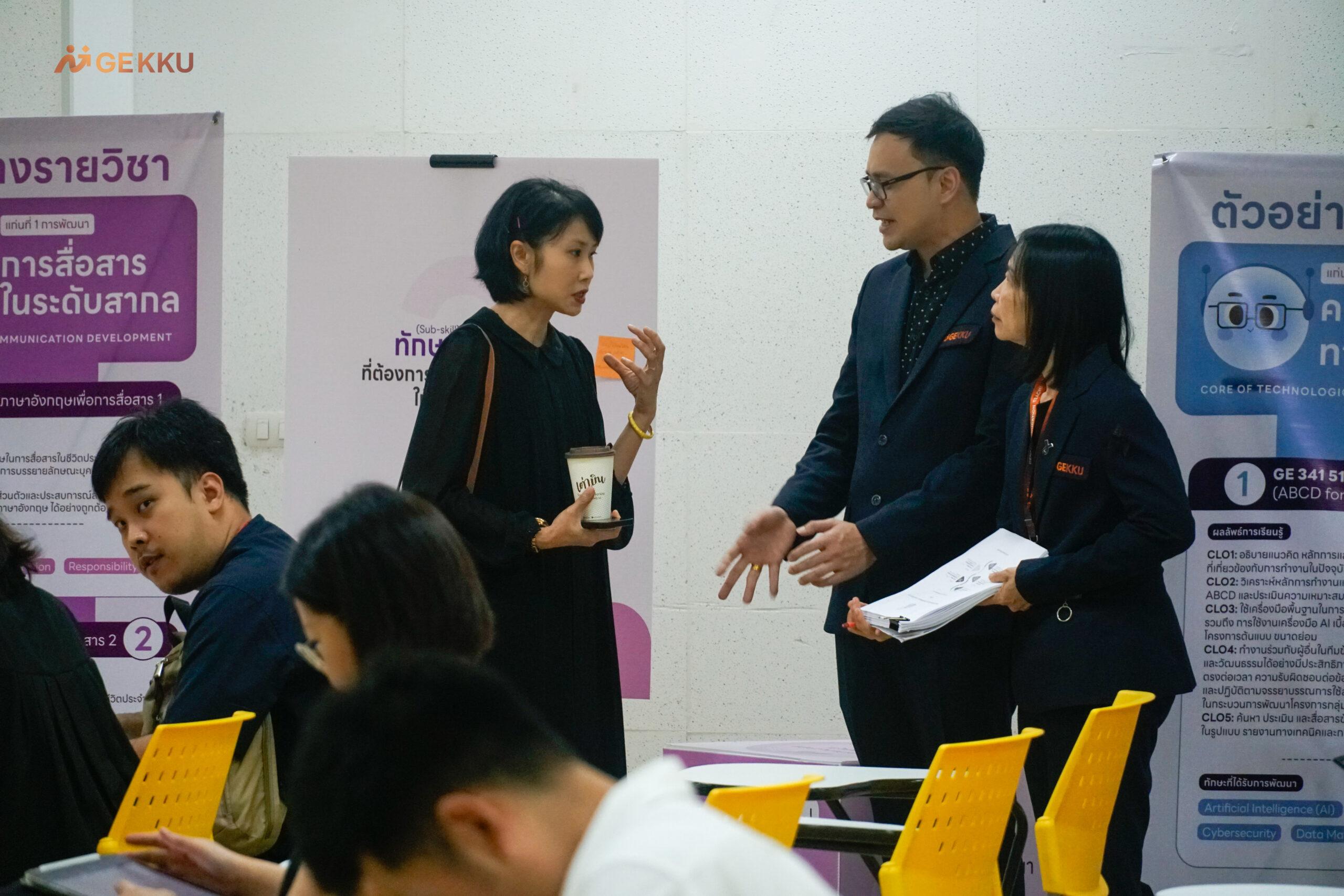
Crucially, this event served as a platform for academic staff and institutional units to participate actively in designing and developing a diverse range of General Education courses. These courses are designed to align with various disciplinary contexts and address interdisciplinary learning objectives. This collaborative effort will help establish a modern and diverse GE KKU course bank, allowing students to select courses based on their individual interests and aptitudes, thereby cultivating high-quality graduates with essential 21st-century skills ready to contribute meaningfully to national development.
Further Resources:
- Presentation Details: https://kku.world/5yitds
- Additional Photos: https://kku.world/6w5af6
- More Information: https://genedu.kku.ac.th/5corelaunch/

